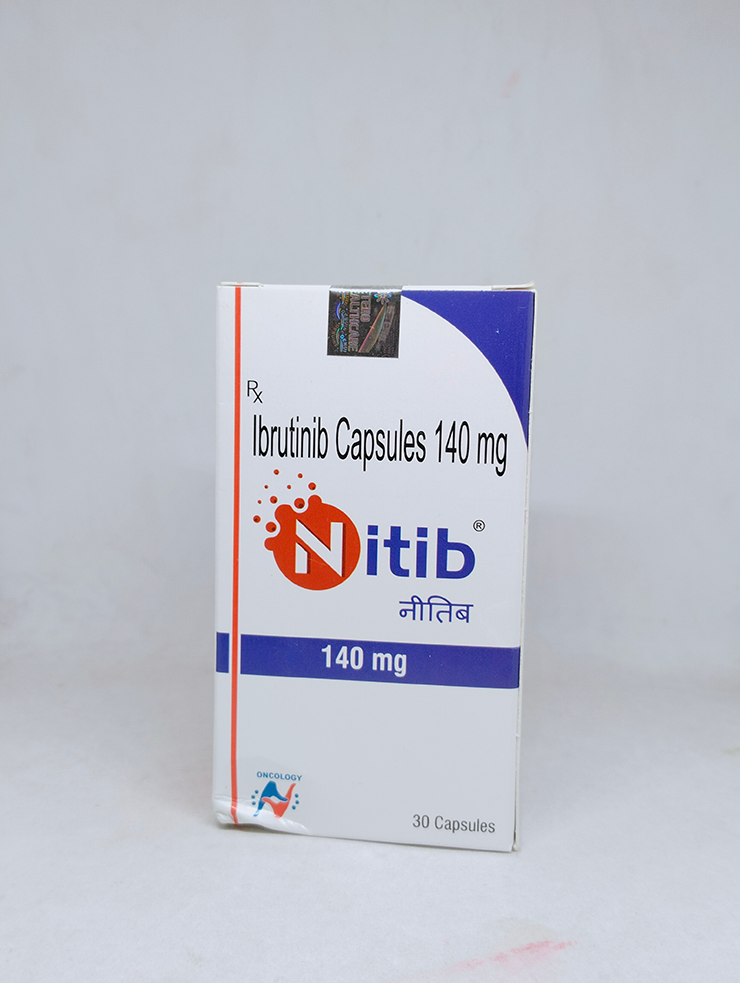Mantle-Cell Lymphoma is a rare and aggressive type of cancer that affects the lymphatic system, a vital network responsible for fighting infections and diseases. This condition arises when abnormal B cells, a type of white blood cell, uncontrollably multiply and form tumors in the lymph nodes. MCL’s aggressive nature means it can rapidly spread to other parts of the body, including the bone marrow, spleen, and digestive tract.
Identifying MCL and Its Symptoms:
Recognizing MCL relies on a combination of tests and examinations. Initial steps typically involve a physical examination to assess signs like swollen lymph nodes. Blood tests may follow to detect unusual protein levels and other substances that could suggest MCL’s presence. A biopsy, involving a tissue sample from a lymph node, is also conducted to examine it under a microscope for cancer cells.
Diagnosing the Stage of MCL:
Additional tests may be necessary to determine the stage of MCL, helping healthcare professionals plan the appropriate treatment. Imaging tests like CT scans or PET scans can reveal whether the cancer has spread to other areas of the body, aiding in comprehensive diagnosis.
Coping Strategies for Mantle-Cell Lymphoma Patients:
Coping with MCL can be demanding both physically and emotionally. However, several strategies can help patients manage symptoms and enhance their overall quality of life.
- Mantle-Cell Lymphoma Support Groups: Joining support groups allows patients to connect with others facing similar challenges. These groups offer emotional support, insights into treatment options, and practical advice on symptom management.
- Mind-Body Techniques: Practices like meditation, yoga, and tai chi can help patients effectively cope with stress and anxiety accompanying MCL. Additionally, these techniques may alleviate physical symptoms such as fatigue and pain.
Treatment Options for Mantle-Cell Lymphoma:
The treatment plan for MCL is individualized, considering factors such as the cancer stage, patient’s age, overall health, and preferences. The primary goals of treatment are to eradicate cancer cells, alleviate symptoms, and prevent recurrence.
- Treatment options for MCL include:
- Chemotherapy: Administering drugs to target and kill cancer cells, often used as a frontline treatment for MCL.
- Radiation Therapy: Utilizing high-energy beams to destroy cancer cells, particularly effective in localized areas.
- Stem Cell Transplant: A procedure involving the transplantation of healthy stem cells to replace damaged ones, often considered for advanced stages of MCL.
- Clinical Trials: Participating in clinical trials may provide access to cutting-edge treatments and therapies that can potentially improve patient outcomes.
It can also be treated by medicines. You can buy the medicine online. Nitib 140mg Capsule is used to treat Mantle-Cell Lymphoma and chronic lymphocytic leukemia. It contains Ibrutinib (140mg). This medicine is supplied online by Melon GlobalCare. Melon GlobalCare is a well-established healthcare brand and one of the world’s upcoming distributors in the pharmaceutical industry. They offer the finest Medical Facilities and provide the highest quality medications at reasonable prices.
You can buy it using the link below: Nitib 140mg Capsule exporter in india.
https://www.melonglobalcare.com/product/ibrutinib-nitib-capsule-bulk-cargo-expoter












